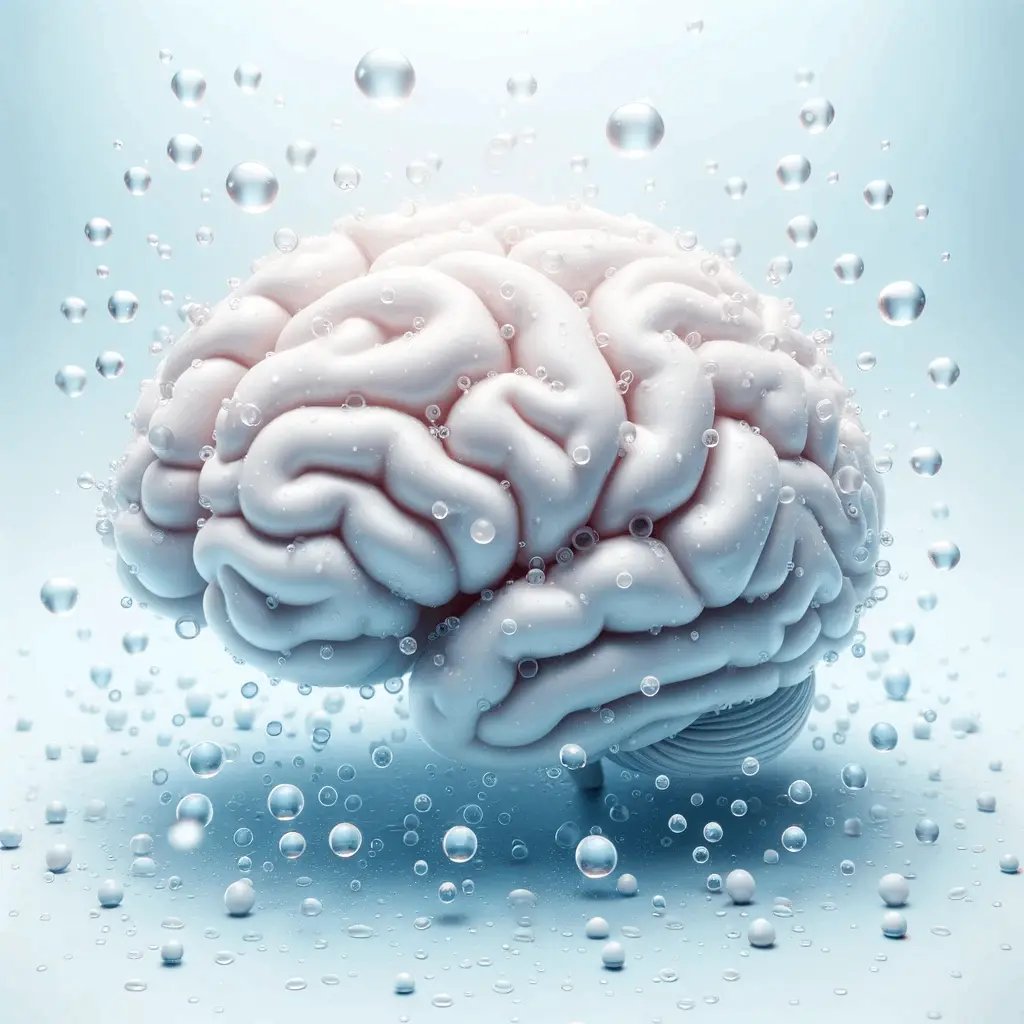Exploring The Complexities Of Depressive Nostalgic & Coping Tips

In the vast tapestry of human emotions, nostalgia holds a unique place. It has the power to transport us to cherished moments from our past, evoking a bittersweet mixture of joy and longing.
However, not all forms of nostalgia are created equal.
There exists a darker and more melancholic side known as depressive nostalgia. Unlike the warm embrace of ordinary nostalgia, depressive nostalgia can cast a shadow over our emotions and mental well-being.
It is a complex emotional state that warrants understanding and attention.
In this article, we will discuss the intricacies of depressive nostalgia, exploring its psychological impact, emotional consequences, common symptoms, and practical coping strategies to navigate its challenging terrain.
By shedding light on this phenomenon, we aim to provide insights and support for those who grapple with depressive nostalgia, empowering them to find solace and embrace the present with renewed hope:
Understanding Depressive Nostalgia
Depressive nostalgia refers to a complex emotional state characterized by a deep longing for the past combined with feelings of sadness, melancholy, and dissatisfaction with the present.
It is a longing for the past and a tendency to idealize and romanticize past events or times in one’s life. But, unlike normal nostalgia, which can make you feel good and bring back warm memories, depressive nostalgia often makes you feel sad and like you’ve lost something.
Depressive nostalgia can manifest when individuals feel disconnected or dissatisfied with their current circumstances, leading them to seek solace in past memories.
Psychological Impact Of Depressive Nostalgia
Listed below are the psychological impacts of depressive nostalgia
1. Emotional Distress
Various distressing emotions, such as sorrow, longing, regret, and loss, frequently accompany depressive nostalgia. These emotions can be intense and enduring, causing significant distress and influencing general disposition.
2. Dissatisfaction with the Present
Dissatisfaction with the present and dealing with past regrets are some of the defining characteristics of depressive nostalgia. Individuals may negatively compare their present circumstances to their prior experiences, resulting in a pervasive sense of discontent and the belief that things were better in the past.
3. Low Self-Esteem
Depressed nostalgia can erode self-esteem and self-worth. Individuals may perceive themselves as inadequate or incapable of recreating the positive aspects of their nostalgic memories in the present when they continuously yearn for the past. This negative self-perception may contribute to feelings of self-doubt and low self-esteem.
Emotional Consequences Of Depressive Nostalgia
Now, let’s talk about how depressive nostalgia can affect mental and emotional health:
1. Persistent Sadness
Depressive nostalgia often leads to a deep and persistent sense of sadness. The longing for the past and dissatisfaction with the present can create a pervasive feeling of melancholy that lingers over time.
2. Feelings of Loss and Regret
Depressive nostalgia can evoke a profound sense of loss and regret. Individuals may regret missed opportunities, choices they wish they had made differently, or relationships that have changed or ended. This sense of loss can intensify the longing for a past that can no longer be recreated.
3. Nostalgic Grief
Grief over the past can be caused by feeling sad about the past, which is called “nostalgic grief.” It means feeling sad about the loss of important events, relationships, or parts of one’s life. This sadness can be complicated because people may miss what they can no longer have and love it at the same time.
Depressive Nostalgia Symptoms
Depressive nostalgia can manifest through various symptoms, which may be both emotional and behavioral.
Here are some common symptoms associated with depressive nostalgia:
· Intense longing for the past
· Persistent sadness
· Dissatisfaction with the present
· Difficulty letting go of the past
· Decreased interest and engagement in present activities
· Social withdrawal and isolation
· Negative self-perception and low self-esteem
· Feelings of regret and loss
· Nostalgic grief and mourning for the past
· Frustration and helplessness
· Escapism and avoidance of present challenges
· Difficulty adapting to new experiences and changes
· Distorted perception of the pas
· Disrupted sense of identity and self-identity development
Overcoming Depressive Nostalgia | Coping Tips For Depressive Nostalgia
Unsure of how to let go of this feeling? Here we are with the best tips and strategies to cope with depressive nostalgia:
1. Mindfulness
Use mindfulness techniques to bring your attention to the present moment, such as deep breathing, meditation, or grounding exercises. Mindfulness can assist you in detaching from the past and cultivating a better sense of acceptance and calm in the present.
2. Create New Positive Experiences
Focus on creating new positive experiences in the present as a way to get rid of depressive nostalgia. Engage in activities you enjoy, try new hobbies, spend time with loved ones, or explore new places. Building new memories can help shift your focus away from the past and enhance your overall well-being.
3. Set Limits Using Nostalgic Triggers
Establish boundaries and identify factors that aggravate your feelings of depressive nostalgia. This could include restricting your exposure to songs, places, or social media profiles that make you nostalgic for the past.
4. Practice Gratitude
Develop an attitude of gratitude for the present moment and the positive parts of your life. Express thankfulness for the people, experiences, and opportunities you currently have regularly to cultivate a more happy and appreciative perspective.
5. Consider Professional Help
If depressed nostalgia substantially impacts your everyday life, relationships, or overall well-being, consult a therapist or counselor. They can offer expert advice, coping tactics, and support that is suited to your individual requirements.
Final Verdict
Depressive nostalgia, though a complex and challenging emotion, is a reality that many individuals face.
Its psychological impact and emotional consequences can be profound, affecting our overall well-being and hindering our ability to engage with the present fully.
However, by recognizing the symptoms and implementing effective coping strategies, it is possible to navigate the shadows of depressive nostalgia and regain a sense of balance and fulfillment.
Remember, the past is a part of us, but it doesn’t have to define our present or dictate our future.









